Donald Tusk is the new Prime Minister of Poland: what awaits Poland, and how will it affect relations with Ukraine?
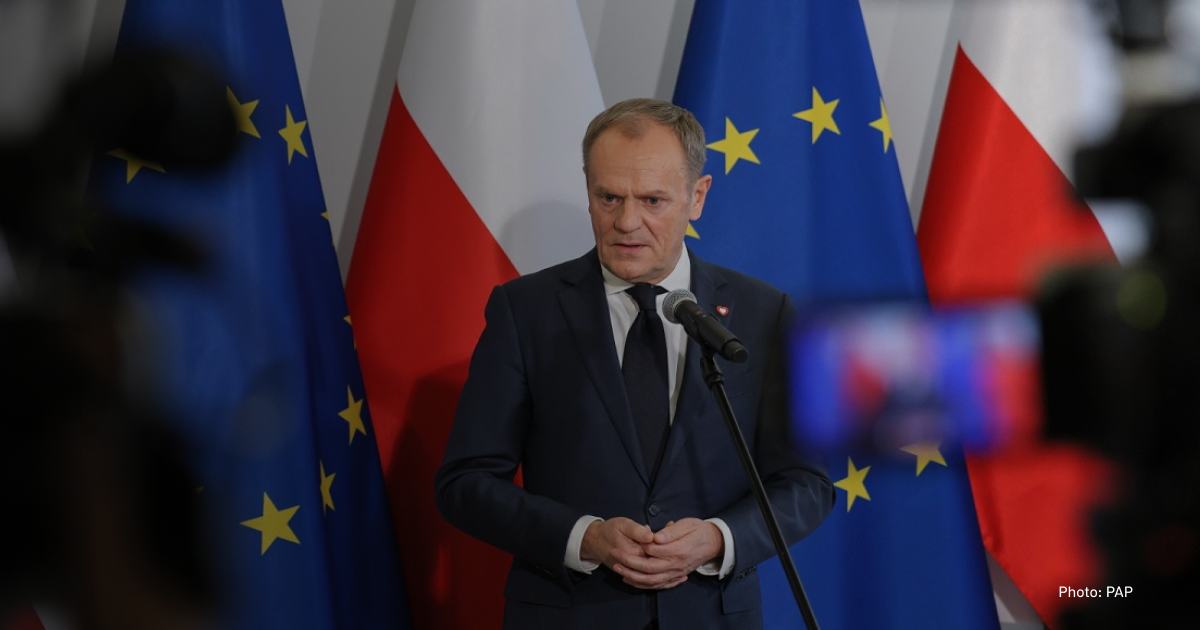
What happened?
On December 11, the Polish Sejm failed to pass a vote of confidence in the Prime Minister, a Law and Justice (PiS — ed.) party representative, Mateusz Morawiecki. "Only 190 MPs voted in favour of the confidence vote, while 266 voted against it. Therefore, Morawiecki resigned.
The Sejm took the initiative in choosing the prime minister and government. According to the Marshal of the Polish Sejm, Szymon Hołownia, this is the first time the Sejm has elected a prime minister.
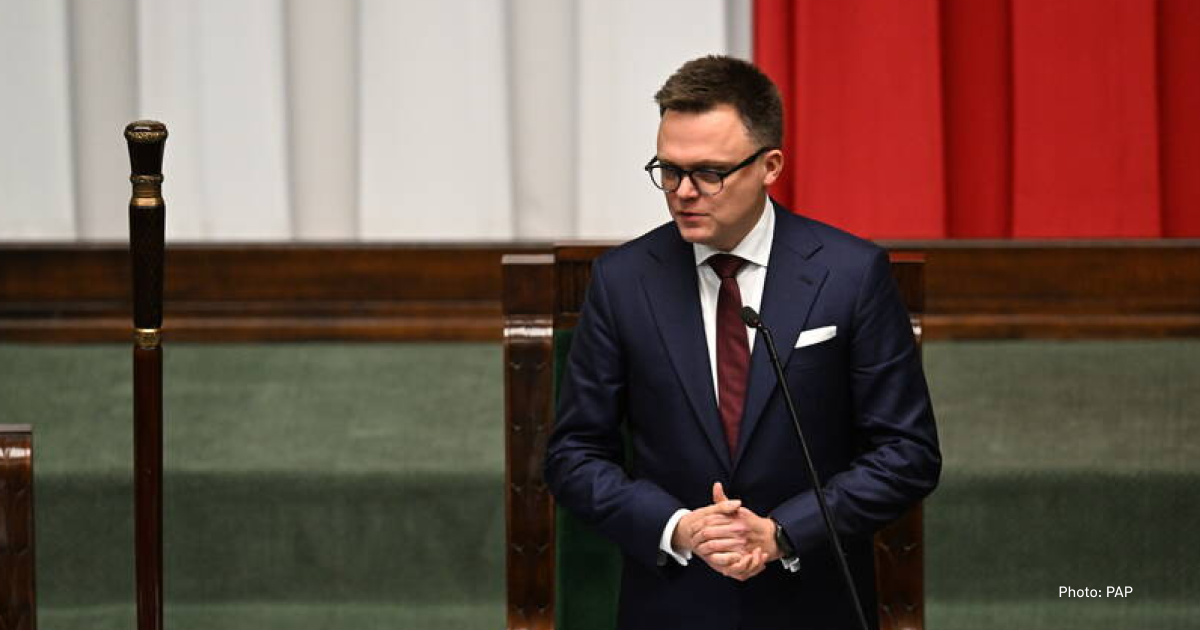
Donald Tusk, leader of the Civic Platform party, became a candidate for the post of prime minister. His candidacy was supported by 248 MPs, with 201 against.
After the vote, Tusk met with Polish President Andrzej Duda, after which the President's Office announced that the new prime minister would take the oath on December 13.
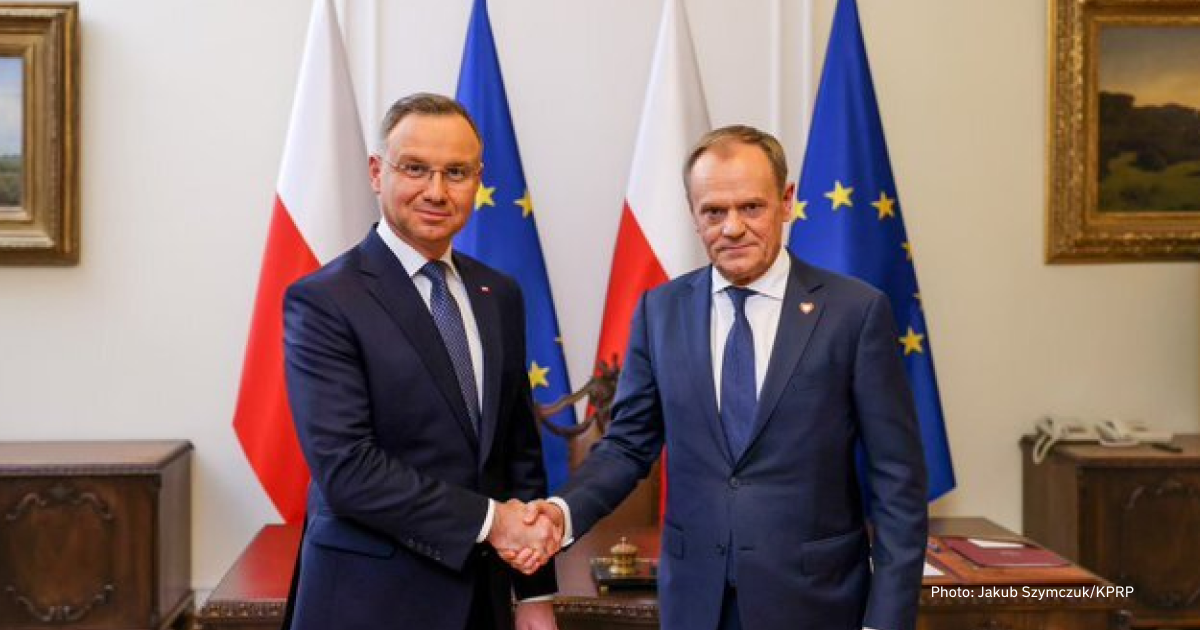
Who congratulated Tusk on his appointment?
After Tusk was appointed prime minister, European Commission President Ursula von der Leyen was the first to congratulate him.
Your experience and strong commitment to our European values will be precious in forging a stronger Europe for the benefit of the Polish people,
she wrote in X.
Volodymyr Zelenskyy wrote that the future of Ukraine and Poland lies in unity, mutual support and strategic partnership to defeat a common enemy.
We appreciate Poland's support. Together, we enhance each other and the entire Europe. I am certain that Ukraine and Poland will remain committed to the cause of defending global freedom,
Zelenskyy said.
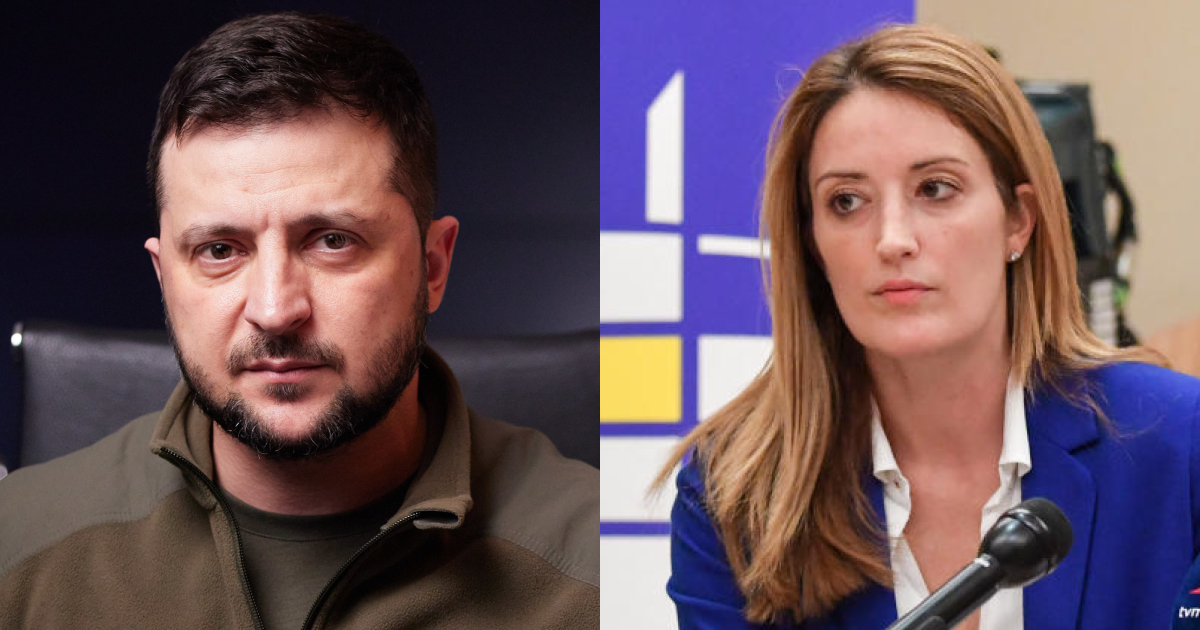
The President of the European Parliament, Roberta Metsola, wrote: "As Poland’s new Prime Minister, a staunch believer in the European Union and a dear friend, I look forward to working together for a prosperous Poland and a stronger Europe."
Emotional statements by PiS representatives
PiS leader Jarosław Kaczyński reacted to Donald Tusk's appointment as prime minister by calling him a "German agent".
Polish Minister of National Defence Mariusz Błaszczak called Tusk a threat to national security, saying that Tusk was "completely obedient to Brussels and Berlin" and would "weaken the Polish security forces".
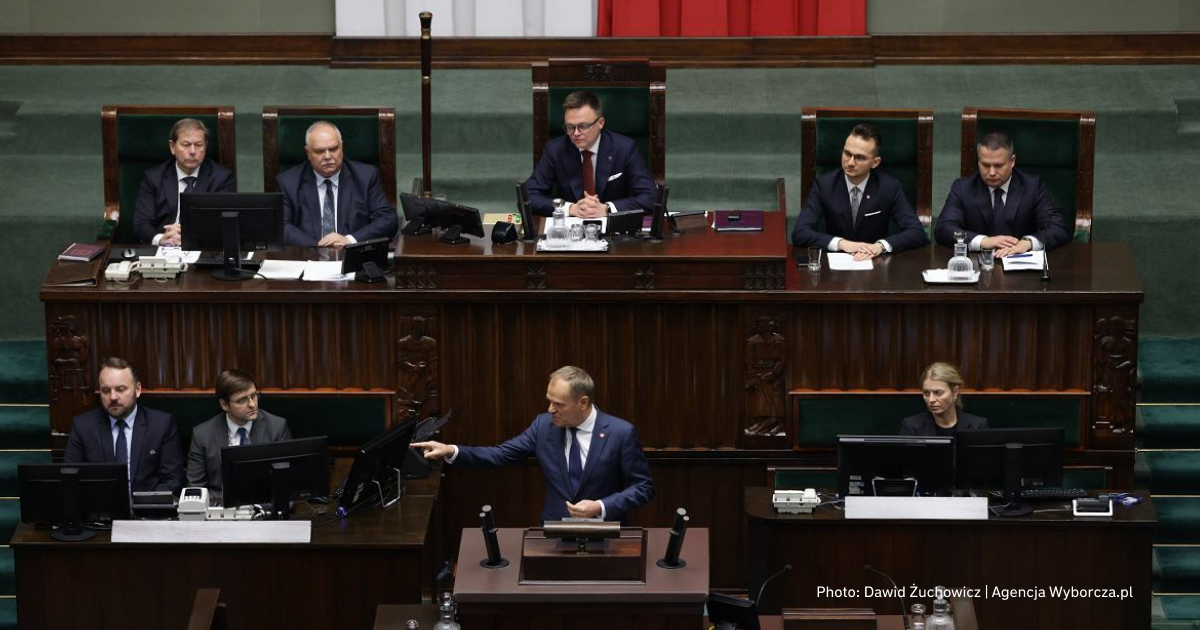
In response, Polish Senate Vice-Marshal Michał Kamiński said that "if Jarosław Kaczyński tells the newly elected Prime Minister that he is a German agent, it means that he has either gone mad and does not control what he says, or is at the stage where he can only be pitied."
What is the reason for the conflict between Kaczyński and Tusk?
Donald Tusk and Jarosław Kaczyński had known each other since the 1980s when they were both members of the anti-communist coalition.
Before the 2005 parliamentary elections, Tusk's Platform and the Kaczyński brothers' PiS held coalition talks. The Smolensk disaster, in which Jarosław's brother Lech Kaczyński and 95 other people on board the presidential airliner died in 2010, was a turning point in the relationship.
Jarosław Kaczyński believes that Donald Tusk, as head of the Polish government at the time, did not ensure that Poles could participate in the investigation into the causes of the crash.
Since the crash, Kaczyński has stated that Tusk bears moral and political responsibility for it because he agreed to share the visit of the Prime Minister and President in events marking the 70th anniversary of the Katyn massacre (a mass shooting of Polish citizens by the NKVD in the spring of 1940, mainly near the village of Katyn in the Smolensk region of the Russian Federation — ed.)
Tusk and Russian President Vladimir Putin took part in the commemorative events three days before the crash.
When the Polish government commission investigating the causes of the Smolensk crash presented its report in July 2011, Kaczyński claimed that Tusk was trying to shift the blame.
According to the report, the Polish government Tu-154 deviated from the correct course by more than 100 metres, and the Smolensk airfield controller did not tell the crew. According to the commission, the controller failed to report this due to a technical malfunction or was not properly trained.
PiS representatives said they doubted the objectivity of the Polish government commission's report.
What does PiS leave behind?
On December 11, the Polish media headlined "The end of PiS's eight-year rule". According to CNN, PiS spent eight years in power "mired in bitter spats with the EU and was seeking a third consecutive electoral success — an unprecedented feat since Poland regained its independence from the Soviet Union".
The European Union and the Polish opposition accused the party of destroying democratic institutions. PiS has brought the Polish judiciary, public media and cultural bodies under greater control and has taken a hard line against abortion access and LGBTQ+ rights.
The New York Times writes that the new government's scope for change will be limited by pressure from PiS appointees in the judiciary, state agencies like the central bank, the national prosecutor's office, the national broadcasting system, and large state-owned corporations, including energy giant PKN Orlen.
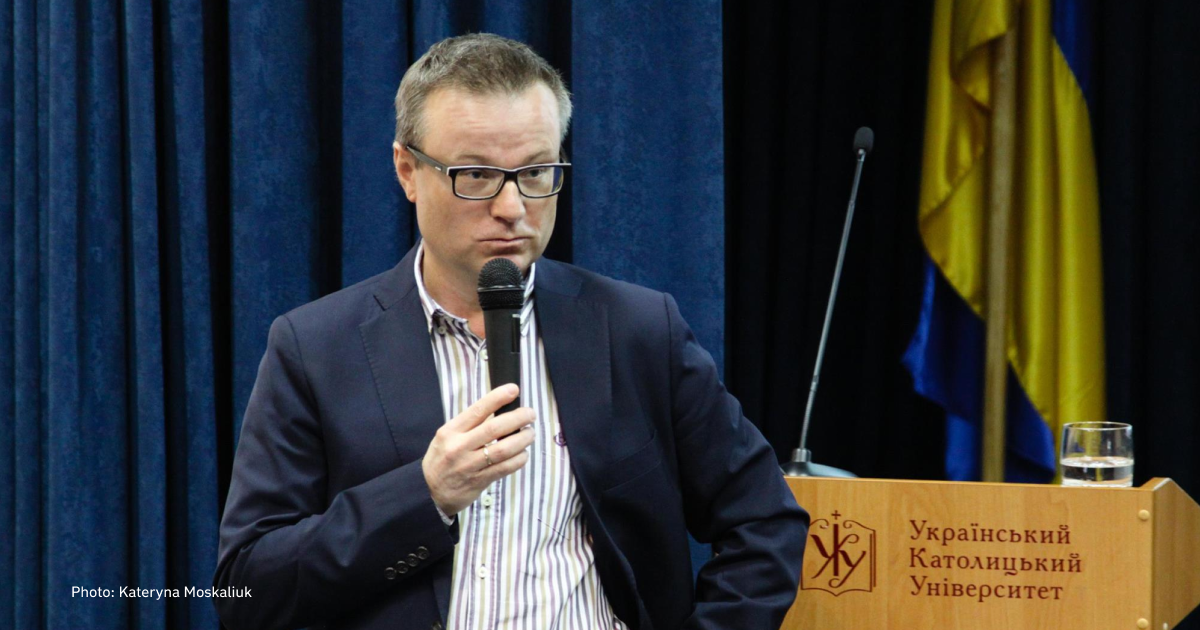
The NYT notes that the public broadcasting system, a national and local radio and television station network, is filled with PiS supporters. The newspaper calls the main state TV channel, TVP, a propaganda bullhorn for PiS.
Roman Imielski, deputy editor-in-chief of the Polish newspaper Gazeta Wyborcza, compared PiS propaganda to Russian propaganda. According to him, pro-government TV channels could silence domestic political incidents unfavourable to the party.
It led to the fact that society was unaware of these incidents, despite independent media writing about them, as television remains the leading source of information for many Poles.
Will Poland face changes?
The NYT writes that Tusk and his coalition allies disagree on the issue of abortion, which was almost entirely banned by the previous government, but share a desire to restore relations with the European Union and the independence of the judiciary, which PiS politicised.
The BBC points out that Tusk's government is not doomed to succeed. PiS took first place in the recent parliamentary elections, with the support of about a third of Poles.
Andrzej Duda, a representative of the same party, remains the President of Poland and is "unlikely to assist the new government in its work".
Donald Tusk's main challenge in office will be to overcome the split in Polish society.
The BBC also points out that it will be difficult for the coalition to fulfil one of its election promises — to bring former government representatives to justice, as they will argue that it is a political order.
Moreover, the country is beginning to enter a period of political turbulence: local elections will be held in the spring of 2024, European Parliament elections in the summer, and in 2025, Poles will elect a new president.
Read more about the election programme in the article about the parliamentary elections in Poland by Svidomi.
A reset in relations with Ukraine?
Tusk promised in his election programme to continue to provide humanitarian and military assistance to Ukraine and criticised PiS's decision to ban grain imports.
On September 22, he proposed "to create an infrastructure that will not impede the transit of Ukrainian products through Poland, but will not allow them to stay in the country".
Tusk's programme for the normalisation of relations with Ukraine includes further military assistance, resolution of disputes with Ukraine, Poland's participation in post-war reconstruction, and the regulation of the situation with Ukrainian refugees.
On December 12, Tusk said in his speech to the Sejm that he would seek to mobilise the free world to support Ukraine.
I cannot listen to Western politicians talking about fatigue from the war in Ukraine. We will loudly and resolutely demand the full mobilisation of the free world to help Ukraine in its war. There is no alternative to such thinking. The task of Poland, the new government, all of us, is to loudly and firmly demand from the entire Western community a full determination to help Ukraine in this war,
he said.
The politician added that Poland would be fully committed to helping Ukraine but would protect Polish interests at the same time.


